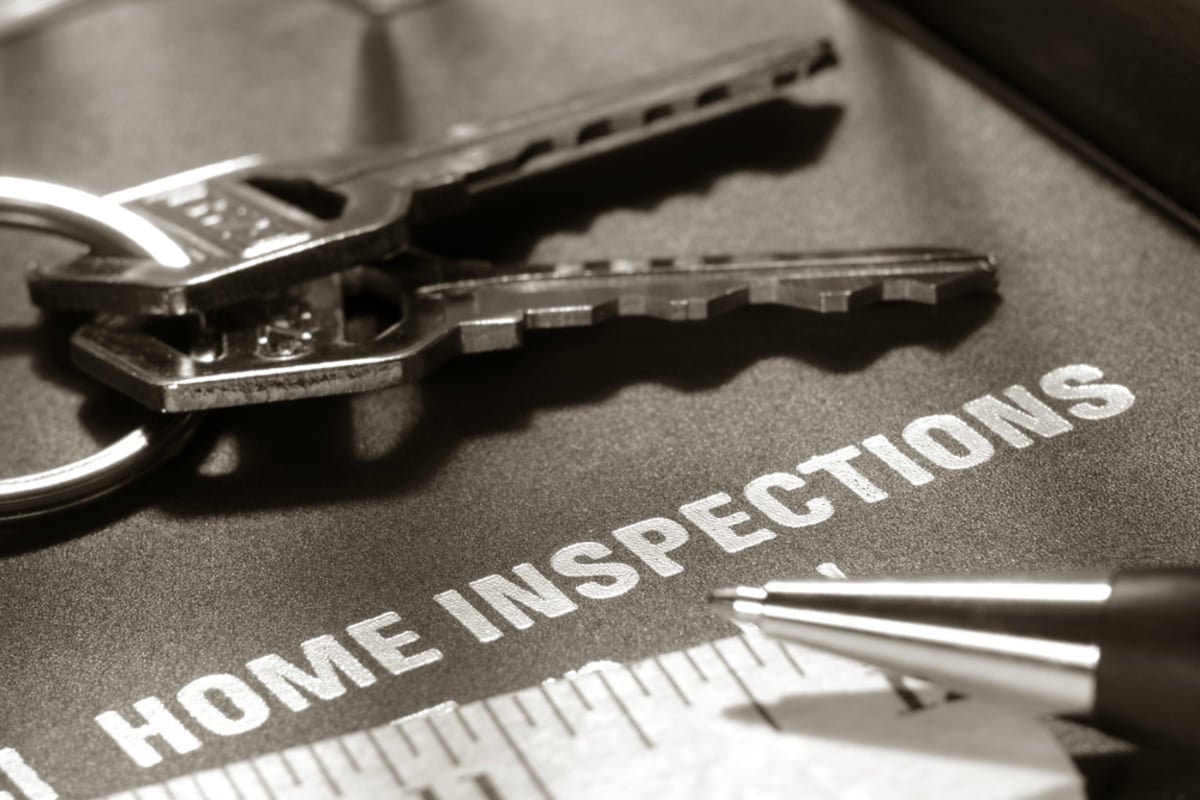The sale of an investment property in South Carolina incurs certain expenses. Taxes alone can cost the seller up to 9% on the sale and at least 4%, depending on qualification for the state-based exclusion rate of 44% on long-term capital gains. Many Charleston rental property owners are unaware of an available strategy that eliminates or defers these expenses, freeing up capital for other purposes—and better investments. This option is called a 1031 exchange.
- Named after the 1031 Section within the Internal Revenue Service tax code, it is an exchange of like-kind properties in which no real taxable income is generated, effectively deferring the capital gains tax.
- 'Like-kind' refers to the purpose or nature of the property as an investment, not necessarily to the property type, quality, or value.
- Properties defined as 'personal homes' or as 'vacation homes' would not qualify. Neither would properties located outside of the United States.
When might you want to use a 1031 exchange to benefit your portfolio? Here's what you need to know from the experts in Charleston property management.
 How the 1031 Exchange Has Evolved Over Time
How the 1031 Exchange Has Evolved Over Time
Previously, 1031 exchanges could be made with business assets other than real estate, namely such assets as:
- Patents or other intellectual property
- Heavy machinery or other equipment and vehicles
- Artwork or other collectible items.
However, in January 2018, the Tax Cuts and Jobs Act (TCJA) altered the parameters of a 1031 exchange to apply solely to real estate.
- In a 1031 exchange of real estate, assets such as those listed above may be included.
- However, the deferred capital gains taxes would only apply to the real estate and not the assets included.
- Such items, as well as any stocks, bonds, debt, and cash, are referred to as the 'boot' and are taxed as usual.
- Therefore, the best 1031 exchange is simply a straightforward exchange of two like-kind properties.
Of course, property management in Charleston can provide insights and details intrinsic to planning such an exchange successfully if you've decided that your current rental property portfolio could use an exchange to reach better profitability.
How a 1031 Exchange Works for Buy-and-Hold Investors
A property owner may wish to expand or diversify their portfolio or offload a Charleston rental property that may not be ideal for their financial goals. Rather than needing to deal with the sale of the unwanted property, they can look for an alternative without incurring capital gains tax through a 1031 exchange.
Once they locate a suitable property with an owner willing to participate in an exchange, a certified mediator assists both parties in successfully negotiating the exchange. Negotiations would include whether or not any equity needs to be included in the swap, becoming the 'boot' mentioned above.
Typically, investors will utilize one of three basic kinds of 1031 exchange.
- Simultaneous exchange: As indicated by the name, parties to the 1031 exchange swap their properties with each other simultaneously.
- Deferred exchange: Also called a 'delayed exchange,' parties agree to the exchange but turn over their properties to each other at different times.
- Reverse exchange: Instead of swapping properties simultaneously, one party receives the desired property before handing over their property in exchange. Similar to a deferred exchange, the other party will receive their exchange at a later date.
Advantages of Committing to a 1031 Exchange
Each investor needs to decide whether a 1031 exchange is best for them. They must consider the clear advantages first, then consult with their Charleston property management company or their attorney for further details.
- Tax advantages: If a simple exchange can be negotiated (one which doesn’t involve a 'boot'), then no 'sale' has taken place, by all intents and purposes, and therefore, no sales tax would be due. Further, any taxes on capital gains can be deferred. By postponing capital gains taxation, an investor frees up capital for the purpose of re-investment.
- A diversified portfolio: Because a 1031 exchange can be made using any like-kind property, property owners can diversify their portfolio by 'trading up' or by diversifying the type of investment property they add to their portfolio, gradually building their equity.
- Elimination of certain real estate costs: Since like-kind properties will likely be exchanged 'as is,' costs on such sale preparation endeavors like renovation, staging, curb appeal, landscaping, and commissions can be avoided.
 Disadvantages of Performing a 1031 Exchange
Disadvantages of Performing a 1031 Exchange
When considering a 1031 exchange, there are risks one must acknowledge and take into consideration as part of an informed decision. Therefore, some disadvantages that may impact an investors strategy are:
- A strict timeline: Once deciding to perform a 1031 exchange, investors must identify which property they are interested in within 45 days, and the exchange must be closed within just 180 days.
- Tax disadvantages: In exchanges that involve a boot, taxes may still be levied at both a federal and state level. In addition, in exchanges accommodated by the inclusion of some sort of leverage (such as existing debt or borrowed capital), gains would also become part of the boot.
- Locating like-kind properties: The difficulty of locating like-kind properties within the strict aforementioned time constraints is another good reason to consult with a Charleston property management company.
Tips for Completing a 1031 Exchange Successfully
If, after considering the advantages and disadvantages, an investor would like to leverage the benefits of a 1031 exchange, there are additional tips they need to know in order to facilitate the swap. Making sure the transaction is lucrative can be a challenge, so include the following considerations in planning a strategy:
- The investor may need to file an IRS Form 8824 along with their tax return.
- The following people cannot qualify as an intermediary:
- Relatives.
- Employees, attorneys, accountants, bankers, or real estate agents hired for their services by the investor within the preceding two years.
- The investor cannot qualify as an intermediary to their own exchange.
The purpose and intent of a 1031 exchange are to provide investors with a lucrative option for expanding or diversifying their portfolio without the burden of taxes and other expenses. Hiring the professional services of a Charleston property management company to navigate potential exchanges is an asset for investors.

 Disadvantages of Performing a 1031 Exchange
Disadvantages of Performing a 1031 Exchange




